Last Updated on September 8, 2022
Shopware is a widely renowned platform for having the most live stores in Germany & DAHC region and surrounding territories. It is also used by a lot of UK-based merchants. It has empowered many of the biggest online stores in the E-commerce market. It is a PHP based ecommerce application developed more than 18 years ago in Germany. After becoming the leader in its native Germany, now it is entering new European territories and making big strides in the UK.
Shopware is an open-source platform and encourages input and feedback from the users for refining and upgrading the product. It enables businesses to launch quickly. The fully customizable and scalable product also provides a lot of flexibility at the time of adapting software in order to meet specific requirements. The software comes with highly futuristic marketing features and also have integrated SEO capabilities.
The user interface is highly captivating and the backend is user-friendly. The current latest version of the Shopware is 6.3.5 released on 1st Feb 2021.
It has a very high capability of scaling at an enterprise level. The features that support its scalability includes a varnish cache, built-in usage of Apache Jmeter, clustering tools, and ongoing support. Apache Jmeter enables you to create multiple replica environments for scaling. You can also add servers for specific tasks for further scale and better response rate.
In this article, we have mentioned the core features that Shopware offer for ecommerce applications.
Core features of Shopware
Catalog Management, Merchandising & Searching
In terms of the core product types like a simple product, configurable product, bundled product and others, a lot of features in setting up the catalogue and managing it are similar to Magento. However, the simple > configurable management is quite different, which are termed as variants (which can have different price, images, and other attributes) and managed at product-level by creating variants. The setup is straightforward and the fields are also similar to Magento. The CSV import /export report is also the same.
The merchandising capabilities in Shopware are also having a lot of similarities with that of Magento. You can create rules relied on attributes, in Shopware they are referred to as articles/components for automating the process. It ultimately means that the data used in an attribute can be used for boosting other products of similar criteria. This will promote your own brand or more profitable products. It is one of the few examples. A rule-based merchandising is highly useful for big merchants.
Shopware search is also a game player here, in fact, it is quite better than Magento and Salesforce common cloud search. It is enriched with very strong features and the look & feel is also strong. The search solution is built by very advance rule-based merchandising, indexing of several types of content like products, blog posts, categories, CMS pages and others. It also includes features for managing similar words, synonyms, and individual keywords.
Shopware Shopping Interface
The shopping world of Shopware is one of the biggest selling points for the merchants. It allows users for creating highly flexible content pages with all the necessary features one could possibly require. A merchant can easily drag & drop things like products, product details, banners, videos, images, blogs, sliders, carousels, etc. and develop a highly customizable layout. There is also a built-in blog functionality in Shopware which have all the core blogging features.
3rd Party Integrations
There are a lot of existing integrations in the Shopware with popular third-party integrations in Germany and also with international systems. The popular ones are SAP, Microsoft Dynamics, NOSTO, dotmailer, Stripe, WordPress, Paypal, Klarna, Avalara, Skrill, Adyen, Braintree, and WorldPay.
Along with the above-mentioned third-party integration, Shopware has APIs for integration with other systems.
Dealer Integration Module
Shopware’s dealer integration module comes at an additional cost to the enterprise license. But it is a great value for money. It is a very strong solution for a merchant. The merchant can create and manage storefronts easily for resellers and drop-shippers. For e.g. Euronics uses this functionality and manage hundreds of suppliers relationships with resellers by using a unified product catalogue and managing elements like price availability etc. This is what makes Shopware different from other platforms in which either the needs are not met or require heavy customization in order to fulfil them.
Customer Streams
Customer Streams functionality is quite similar to customer segments in Magento. It allows customer segments to be grouped by certain attributes like gender, the amount spent, age, geographic location etc. Also, the criteria can be defined and assigned automatically.
It is like you have set a customer stream filter for those users who have completed purchase via mobile or tablet and are less than 30 years of age. Now new or existing users who meet this criterion will be added in this customer stream.
Henceforth, you can assign different banner, templates and offers to different customer streams.
Business to Business Abilities
Alike the dealer integration, the B2B also comes at an additional expense even for the enterprise users. Still, it is also a value for money, as it offers a lot of features better than its competitors. There are customer groups and you can also assign different prices, availability, coupons, promotions, etc.
There are more advanced capabilities such as
- Customer Budget Management: A customer can set a budget like daily, weekly, monthly, annually etc. for order limits
- Private shopping feature
- Different themes for different customer levels
- Individual stores creation at the customer level
- Quotations
Streaming Of Products
Similar to customer streaming, you can also make a stream of the products on a particular criterion. For e.g. you can create a group of pants for Adidas which are under $500. The groups are useful for a number of things like:
- Categories creation: A pre-defined selection of products based on product streams.
- Up-selling and Cross-selling: Creating collections of products which can be used for the recommendation of similar products
Also read: How to Develop eCommerce Website
Filtering Options and Category Merchandising
You can use Shopware Enterprise 6.3 for an advanced rule-based merchandising. It can be created either by pre-set rules or manually created rules. The pre-set rules include most popular, best-selling, recently added, recently viewed etc. However, a custom rule would be like items between $100 and $200 for Puma.
Custom Products
Shopware also provides custom products, which are highly configurable and more or less are personalized items. There are a lot of inputs and outputs in these custom products which are mostly present on the product details page or on an overlay. You can also add some additional costs along with different images.
Promotions or Discounts
There are very advanced methods for promotions or discounts on Shopware. You can attach highly specific rules against customers, products, or even when a customer achieved a certain status. For e.g. promotion of 50% discount on a pair of jeans of Nike who have previously done shopping of more than $1000 of Nike Products, or if the customer is purchasing $5000 worth of Nike Products at the moment.
Multiple Storefronts
The setup of managing multiple storefronts in Shopware is quite similar to that of Magento. It is hierarchial to provide management of different aspects at a global or individual storefront. There is a single login for managing all different stores. You will also have a centralized login for multiple client stores.
Marketing Functionalities
The extensive marketing functionalities of the Shopware are
- Affiliate Programs: The merchant can create a simple affiliate program where he can create affiliates with commission methods, individual codes, amounts, cookies, etc.
- Loyalty Programs: The merchant can also manually set the loyalty points on different items, customer groups etc.
- Product Reviews: There is an in-built review program on Shopware
- Reporting: On Shopware you can get very helpful reports covering details of products sold, customer information, search and various things. It also has a track of on-site behaviour.
Shopware eCommerce Platform Pricing
There are four different pricing plans, differ in the feature they offer.
Community Version
The community edition is the preferable choice for entry-level storeowners. It is open-source version & includes community forum support, product streams, customer streams, and plugin extensions. It is free of charge.
Professional Version
The professional edition focuses on customers who require an all-inclusive manufacturer support system. It includes manufacturers support, product and customer streams, warranty methods, digital publishing and a lot of others. It costs €1295 as a one-time fee.
Professional Plus Version
Professional Plus edition provides premium plugins, extensions, manufacture support, customer streams, Shopping World presets, Storytelling feature, premium plugins. This package is available at the one-time cost of €5995.
Enterprise Version
The enterprise edition covers all the requirements of the successful online business. The features include 24/7 customer support, B2B suite, developer support, the marketplace, client management, exclusive Enterprise portal, dealer integration, and the features of Professional Plus package. The pricing is custom for its features.
Shopware Development Companies
Now, by getting amazed by the astonishing features of the Shopware, you must be looking for a company who can certainly meet your requirements. Therefore, we are ending this article, with the details of the best Shopware development companies. Here are these…
Emizentech
Emizentech is one of the prominent mobile and web development companies in the Indian market. The company is having expertise in Shopware development, PHP frameworks and CMS, Android & Web Applications, along with the maintenance of the website.
Bay20
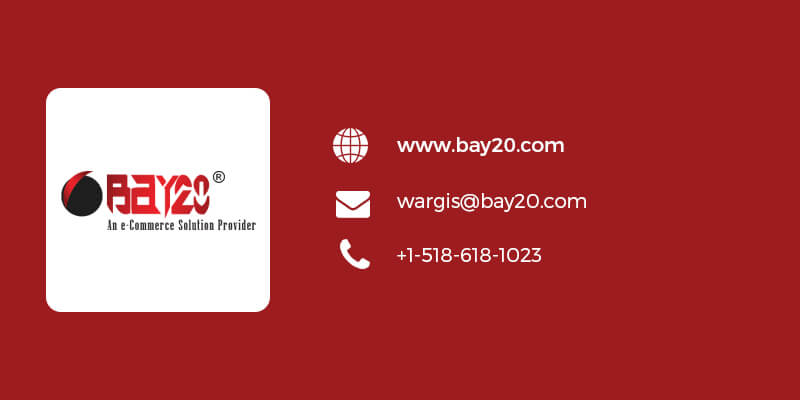
Bay20 has passionate and quality Shopware developers and designers. The company provides services project conceptualization, design, development, testing to marketing.
Brandcrock

This company is a certified partner of Shopware AG and has 35+ certified Shopware developers. The company is also having good experience in developing Shopware stores and custom plugins of it.
TreoLabs
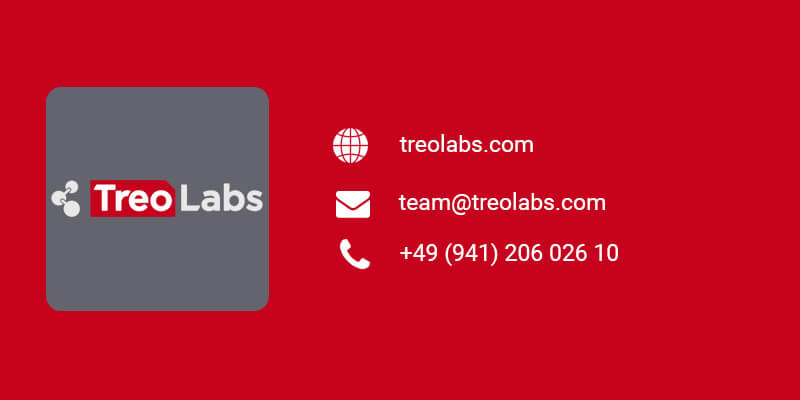
From Shopware online store development to the performance optimization of the existing store, Treolabs are skilled and creative enough to handle projects of all industries and complexities. Employing highly dedicated resources, the collaborative approach that the company deploys is known to produce only the finest of refined products.
Novalnet

Novalnet is one of the most reputed names in the field of Shopware development. Novalnet is having many reputed firms on its clients in different domains. Having dedicated Shopware developers in the company can give you reliable solutions for your requirements.
AuxesisInfotech

Auxesisinfotech is a full-service digital agency which deals with a variety of CMS developments including Shopware. They are having an experienced team which listens to your every need, giving you the best results on all your projects
Webkul

Webkul provides an end to end Shopware development services and helps clients to achieve their business goals. They have developed more than 45+ Extensions for the Shopware platform.
Dinarys

Dinarys is a certified Shopware development agency with extensive experience in developing robust and intelligent e-shop solutions. The company is ending this list and the overall article.

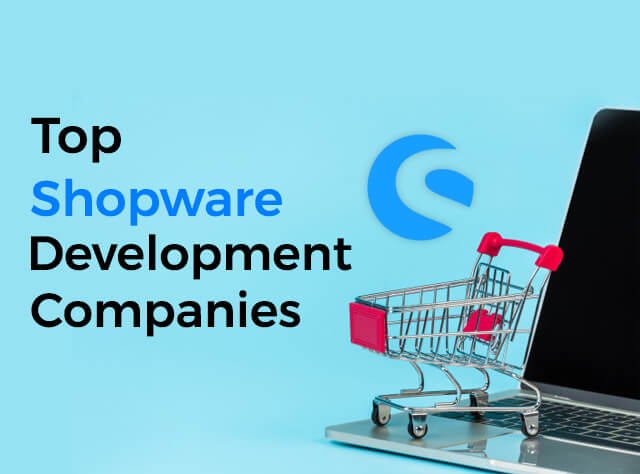


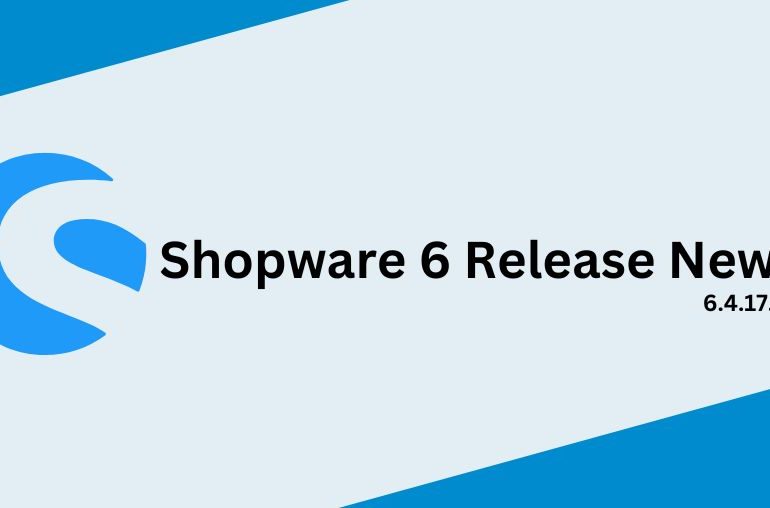
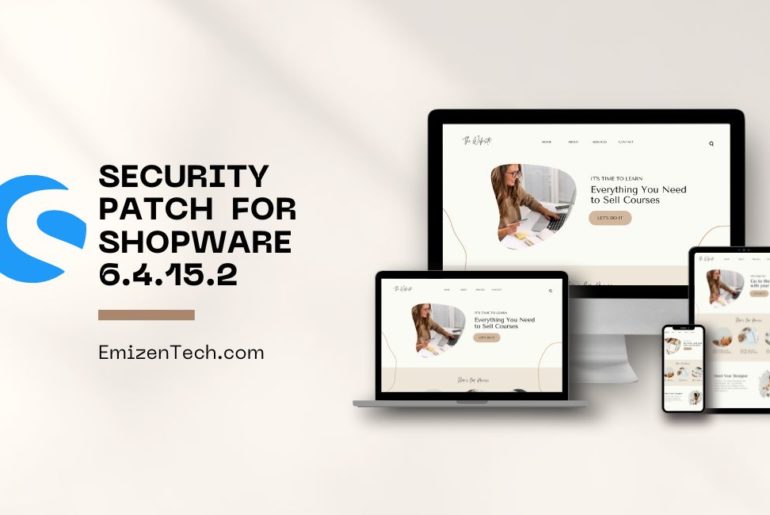
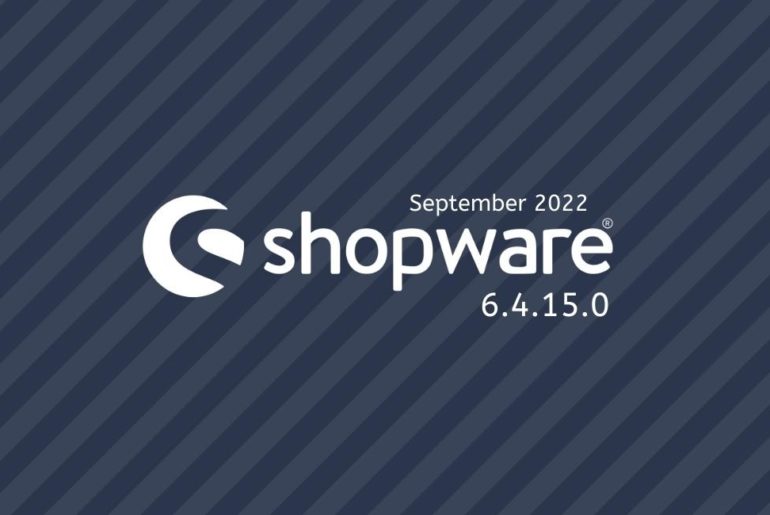
 USA
USA UK
UK Singapore
Singapore